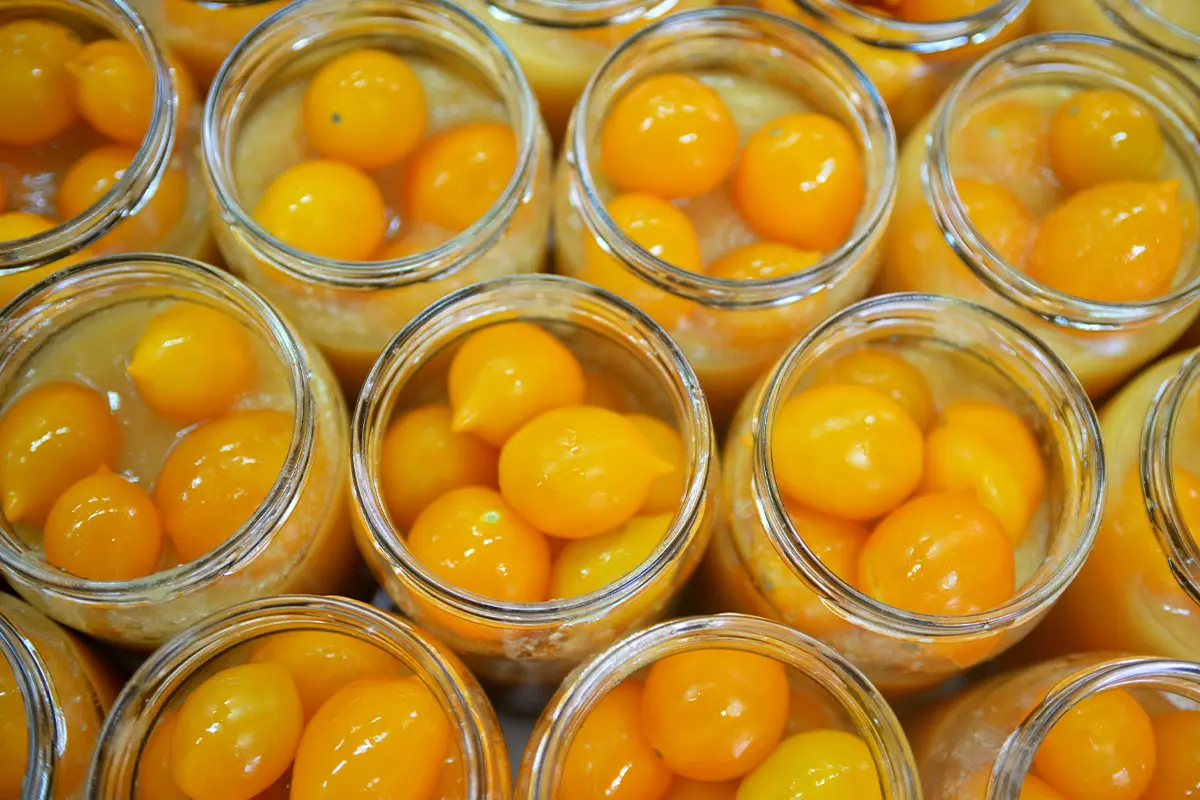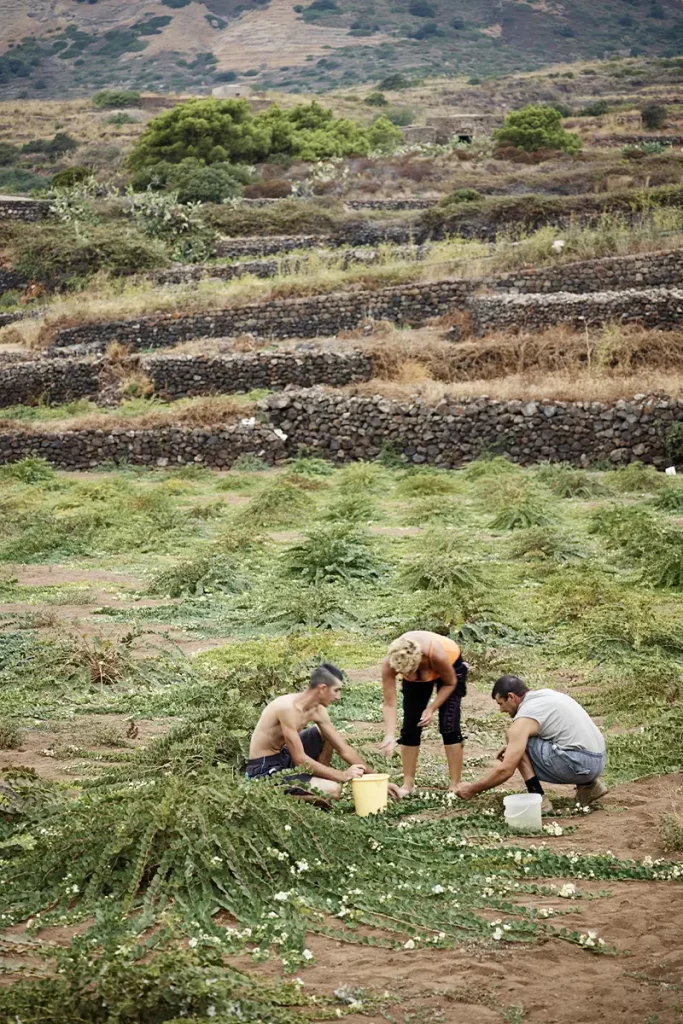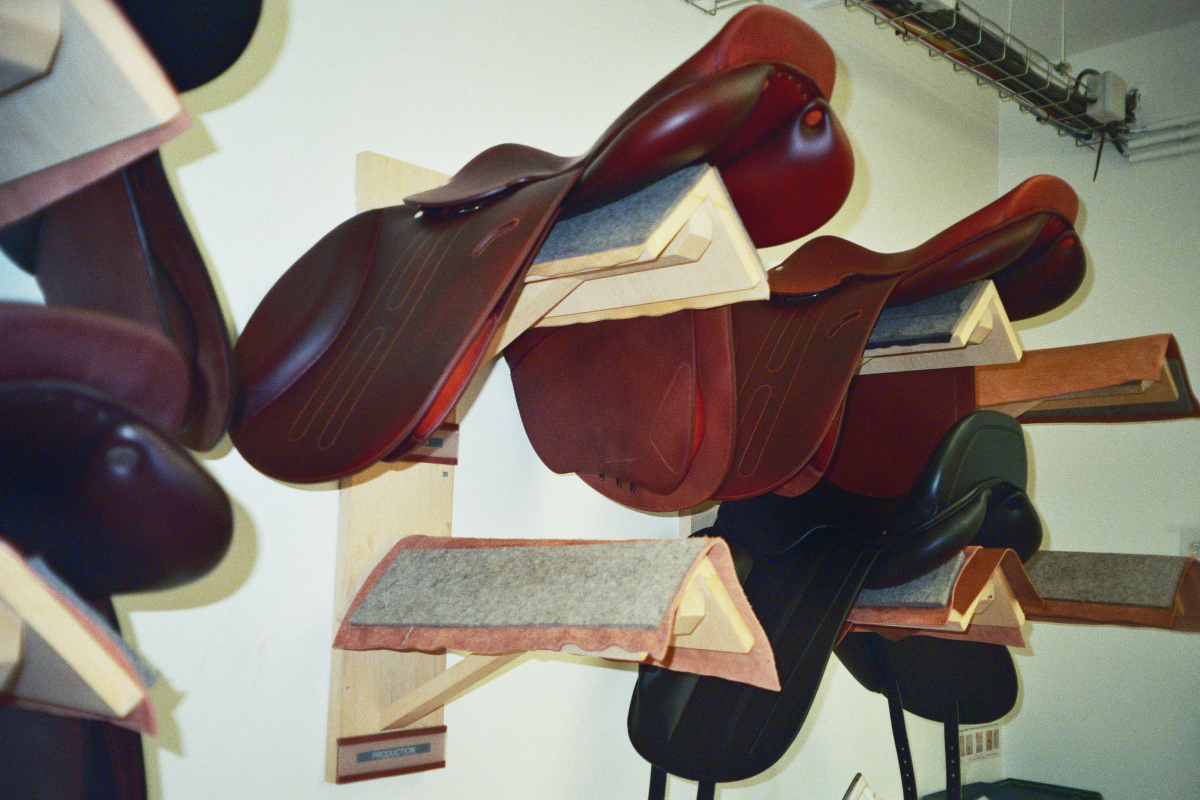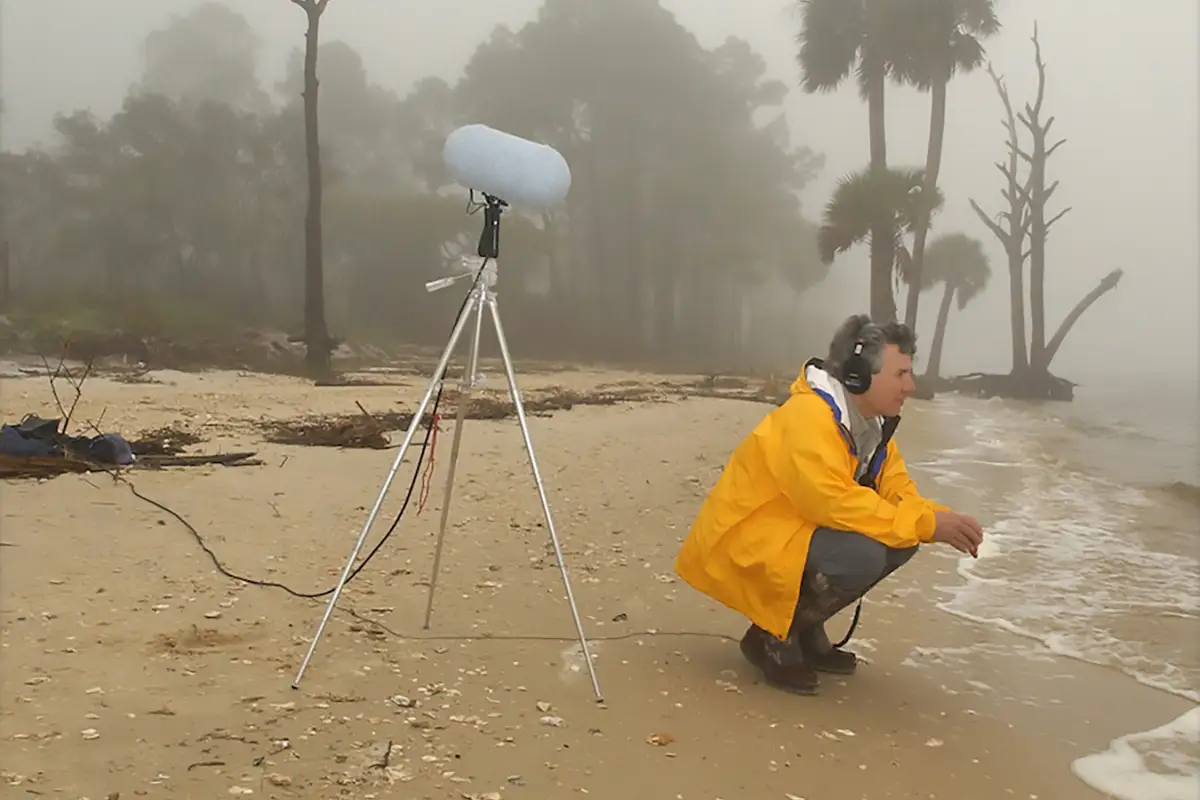Producing oil in Italy without owning an acre. From the heart of Sicily to the rest of Italy, Incuso introduces a new win-win business model, working in collaboration with people
Oil production in Italy – about a raw material and a system that is sick
Oil in Italy is to a large extent produced by very small producers. There is no doubt that they don’t have the organizational structure, the cultural preparation, or the desire to build a commercial network. What happens is that there are families that make a little bit of oil, bring the olives to the mill take the oil home, and then leave the surplus production to the mill.
Also the miller doesn’t have the strength and desire to build a commercial network so what has emerged in many provinces is that large packers collect the oil in the territory and then take the responsibility of the distribution of this product. In a system in which cohesion through the various steps of the supply chain has been completely lost, in which each step exploits the previous one, after a while all the people give up.
Italy imports more oil than it produces and sells
What is happening in Italy is that every year we lose workers. Because people stop collecting. In the 1990s in Italy we used to produce about half a million tons of Italian oil. Now we are averaging around 300 thousand tons.
The national olive oil system stands on the marketing of a million tons of oil, so we produce about 300/330 tons and import 650/670 tons of oil. We produce a third of what we sell and in Italy, we consume about half a million tons of it, half a million we export it.
Incuso – What it means to design a company today
Pasquale Bonsignore founded Incuso about ten years ago, in 2011. After realizing with his eyes, during a trip to Castelvetrano (where the family home still stands) of the crisis situation in the Belice Valley, in south-western Sicily. Many of the olive groves were abandoned. After the initial shock, he started to wonder why in such an area it was no longer thought that one could still make a living from agriculture, and no longer thought that it might make sense to invest and work in that sector.
Today Incuso oversees the production, processing, marketing, and communication of extra virgin olive oil from Castelvetrano, capers from Pantelleria, and tomatoes from Campania. Everything started drawing inspiration from his work as an interior designer: «We had been looking for a way to tell the story about food for years. The only discipline I had at my disposal was design. I think a lot about design as the beauty of an object that does not precede it, not follow it but proceeds with it. I never say I invented something, it always comes from the collaborative relationship within a system between me, the processors, and the farmers».
Incuso and the oil – what it means to transform a raw material into a product
The approach with which the project was developed is pervaded in this philosophy: «We have the food product as a system, we are not concerned with the product itself but with the process that realizes and concretizes the product. If we don’t find ways to make the most of the products of our tradition, we run the risk that certain dynamics at work in the production system will arrive at much more aggravated crises», explains Bonsignore.
It took some years. From 2011 then Incuso became operational in 2014. There were years of studying to slowly approach the world of agribusiness to understand what oil was or how it was made, what it means to manage a field, and what it means to transform a raw material to make it into a product. A real training path.
Incuso as an alternative hypothesis. Giving back value to farmers
While the world of fancy food has paved the way for high-value trade, why can’t we bring that high value to the countryside? This is what Bonsignore asked himself and what Incuso is trying to do is permeated in a concrete idea: «If I find a way to update traditional productions with new content from scientific research along with technological research, bring them to the countryside and find a way to get these people to follow us by keeping them connected to the project because we need those skills and the connection with the territory, then I can go to the market and try to propose products that go beyond contents that over the years marketing has emptied of a sense of value».
Incuso doesn’t even have an acre because works in collaboration with people who no longer believed it was worth doing that work. «We manage in the Belice Valley about 35 hectares of olive groves. We work together with these people, it has been a very long work over the years of convincing people who, a little disappointed have abandoned that model, to believe in a prospect», explains Bonsignore. And this also applies to the production of tomatoes and capers that Incuso oversees.
Working with people without owning an acre – Incuso’s Oil, capers, and tomatoes
«If I can find more resources, I can enhance the basic work, the one that is the least valued today». Incuso has applied this concept in three territories: the Belice Valley in the province of Trapani where they make olives, Campania for the tomatoes and Pantelleria where they deal with capers and derivatives, such as the fruits of the caper plant, so-called ‘cucunci’ or caper berries, caper leaves and crispy caper seeds.
The idea of making different products out of capers comes from a problem. The caper berry is the fruit of the caper plant, from which we made the grain. The caper harvest is one of the biggest issues of agribusiness production because the capers are all harvested by hand, starting at three o’clock in the morning because by ten o’clock it’s already too hot in Pantelleria. Workers are hunched over all day under the Pantelleria sun which is intense, and the combination of temperature and hot wind is massacring. This issue leads to an unbalanced relationship between the cost of production and the value recovered in the market.
This is the reason why Incuso decided to go to Pantelleria to meet the people engaged in caper production and start a collaboration to safeguard the heritage of such a territory.
«If you think that your work ends at the ripening of the fruit on the tree and then you abandon it, inevitably the person who takes the product from you and brings it to the market will retain, in the last steps, the value that they can find on the market. These people abandon production and don’t think that that might be the way to the next generation. This starts a vicious circle of reactions that results in the abandonment of the land, the loss of skills because there is no more tradition, the depopulation of the peripheral territories, and as a consequence the fact that no one takes care of the agricultural territory anymore, but also of the social context within which we produce a large part of Italian agribusiness», affirms Bonsignore.
Dealing with production but bearing in mind the dignity of people’s life
All over the world, there is still this stigma of ‘tradition’ and wanting to protect something, so the idea of production is always daunting. «I don’t care if you’ve been making a product for 200 years. Will you tell me if you make it well? And why do you make it well? I don’t understand why in agribusiness specifically one of the main values that you try to sell is tradition somehow against a backdrop of ethical respectability with a distorted view of the concept of sustainability relegated only to a micro part of the meaning of it, which is the sphere of respect for the environment», reiterates Bonsignore.
In the founder’s words, sustainability is a broader matter. It is the ability of a system to survive over time and if we don’t find a way to reconnect the various steps of agribusiness production, the crisis is there. Because agribusiness in Italy is not in great shape. There is a deep crisis of production systems and the reason is linked to the fact that the food environment is a little bit fussy.
«If we protect things we are condemning them to ignorance, if instead we find a way to take these things and keep them in the flow of time, have a way to update them so that they continue to make sense according to different rules, according to different patterns, then we are giving those things a chance to evolve and continue to be with us. Production has to do with work and work has to do with the dignity of life» affirms Bonsignore.
Upgrading machinery and laboratories in Castelvetrano
In the development of the company, in addition to working directly in the countryside, Incuso had to deal with the issue of transformation and therefore with the transformation of laboratories. «To date, there is still a huge technical obsolescence, technological upgrading is of great difficulty so you have to do all the work of convincing yourself that you actually have to upgrade. In Castelvetrano we work with three laboratories, an olive mill, a laboratory where we make brine, and one where we make oil. All the olives to make table olives from the harvest are taken to the laboratory where we do the first processing which is fermentation. And then they end up either being served in brine or oil».
While the upgrade of the machinery including optical sorting has been put in place, at the same time people still select the product by hand and the olives still pass through workers’ hands through 3 or 4 moments.
Incuso and new perspectives – reinventing the system to regenerate the raw material
Putting into practice the content developed during the research years after identifying different situations of crisis, Incuso came to a conclusion.
Knowing that a centuries-old landscape, like the Belice Valley, might not be able to keep up with the times, and so is destined to change forever, due to the abandonment of agricultural lands, it is clear that it is possible to solve issues only by accepting the innovations of research and the opportunities of technology along with building alliances between farmers and consumers, passing through processors, distributors and restaurateurs.
Therefore, Incuso theorized the need for a new paradigm, one that allows the things of the present to preserve themselves, imagining a process that can spread to other territories. Something that would allow the more advanced part to be translated into content, easily usable by the people who work with the land.
The result will be the construction of a perspective that will have the capacity to regenerate the ‘raw material’. This is achievable when there is a real evolution of values that addresses food production by reinventing the system, from farming to processing to business relations and sales strategies.
Upgrading skills: Incuso invests in people who in turn invest in their supply chain
«The goal is to prepare people to work, to learn a trade. The idea is to look at the problem as a whole. It is an agricultural problem, a problem of processing, of how products are preserved, how they are packaged, how they move around Italy and the world».
We are talking about the people who have been overwhelmed by different issues and are now willing to bet with Incuso that these territories and products can be saved and have a future. When farmers first invest in their supply chains, becoming a positive model, value will be generated for the community as well, because if they begin to take care of the land, the focus will expand to the whole community.
«If we have built the conditions for decent work, young people will be able to choose to remain as active and responsible participants, investing in their own business and professionalism, enriched by a look at the present that generates awareness. Welcoming the innovations of research and the opportunities of technology, we will have better products and have the power to demand more resources from the market. If we can find more resources, we will have enough for every link in the supply chain and to ensure the full utilization of agricultural labor», states Bonsignore.
Incuso
Incuso is a business project that oversees the production, processing, marketing, and communication of selected food products, namely extra virgin olive oil from Castelvetrano, capers from Pantelleria, and tomatoes from Campania.
The name comes from the symbol that was engraved on the reverse side of the coin when Greek colonies, in the archaeological area of Serimonte, were given the right to produce their local currency after developing their independence




















